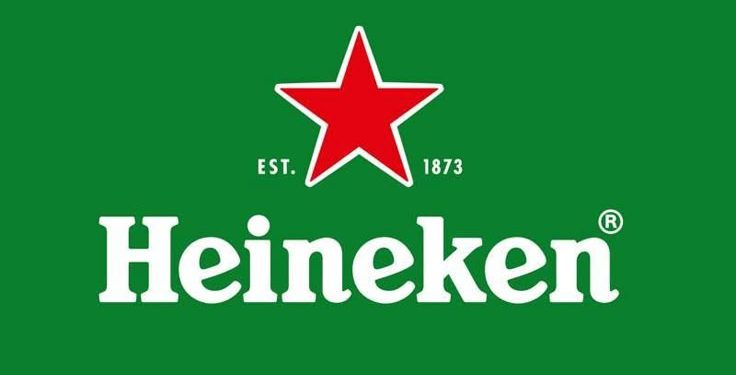The Dutch brewing giant *Heineken has officially ceased operations and abandoned its facilities in the eastern Democratic Republic of Congo (DRC) following escalating conflict in the region. The decision comes after rebel forces seized full control of its production plants and warehouses in the strategic cities of Goma and Bukavu, two of the largest cities in eastern Congo.
This development marks a significant setback for Heineken’s operations in Central Africa, especially through its Congolese subsidiary Bralima (Brasseries, Limonaderies et Malteries), one of the country’s oldest and most prominent beverage companies.
Rising Tensions and Initial Closure
The security situation in eastern DRC has been deteriorating rapidly since early 2025. In March, Heineken preemptively suspended production at three of its key breweries in Goma, Bukavu, and Uvira due to intensifying clashes between the Congolese army and the M23 rebel group. The decision was made to protect both infrastructure and staff, as fighting engulfed areas near the breweries.
Despite the halt in operations, the hope was that the shutdown would be temporary. However, as the conflict escalated, Heineken’s facilities became increasingly vulnerable. Reports from March and April confirmed that storage warehouses were looted, and parts of the plants sustained significant physical damage during crossfire and raids by unidentified militias.
Full Takeover by Armed Groups
By june 2025, the situation had spiraled beyond corporate control. The rebel group M23, accused by Kinshasa of being backed by neighboring Rwanda (a claim Kigali denies), launched successful offensives and seized both Goma and Bukavu. These military advances led to a complete loss of access and security at Heineken’s local sites.
The company confirmed it had “lost operational control” of its production and distribution centers in the region. Rebel fighters have reportedly occupied the brewery compounds, effectively forcing Heineken to abandon the sites indefinitely. The company had no option but to evacuate all personnel from the affected areas, bringing long-standing operations to a halt.
The abandoned breweries were not just industrial assets; they provided direct and indirect employment to over 1,000 people, many of whom are now out of work. Heineken has committed to financially supporting displaced staff** for the time being, but no clear timeline for resumption of activity has been offered.
The economic consequences have been immediate. Local beer distribution has collapsed in eastern provinces, bars and vendors are facing a supply crisis, and many have turned to imported beer from Rwanda and Burundi to meet consumer demand. Prices have surged, while many Congolese brands are unavailable or spoiling in unrecoverable warehouses.
Additionally, the Bralima water purchase program, which accounted for approximately 40% of the water purification costs in South Kivu Province, has also ceased. This loss of funding now threatens public access to clean drinking water, further compounding the humanitarian challenges in the region.
Context of the Conflict
The resurgence of violence in the eastern Congo has been driven largely by the M23 rebel movement, which has staged one of its most expansive offensives in over a decade. Starting from the outskirts of North Kivu, the group has taken control of major urban centers and strategic corridors along the Rwandan and Ugandan borders. Its advances have coincided with widespread looting, displacement of civilians, and destruction of infrastructure including factories, offices, and even hospitals.
International efforts, led by Angola and supported by the African Union, have facilitated ongoing peace negotiations, with a draft ceasefire signed in Luanda in March. Still, the security situation remains precarious, with no immediate signs that Heineken or any major foreign investor can safely return to the region.
This forced withdrawal represents a significant financial and strategic loss** for Heineken, whose operations in Africa and the Middle East accountk for nearly 14% of its global revenues. The affected facilities were central to the company’s supply chain in the Great Lakes region.
While Heineken continues to operate in safer areas of Congo, such as Kinshasa and Mbandaka, the loss of its eastern facilities disrupts distribution channels and diminishes its footprint in a fast-growing consumer market.
Despite the abandonment, the company maintains that it is closely monitoring the conflict, and has not ruled out a return should peace be restored and control of the area revert to legitimate authorities.






















































